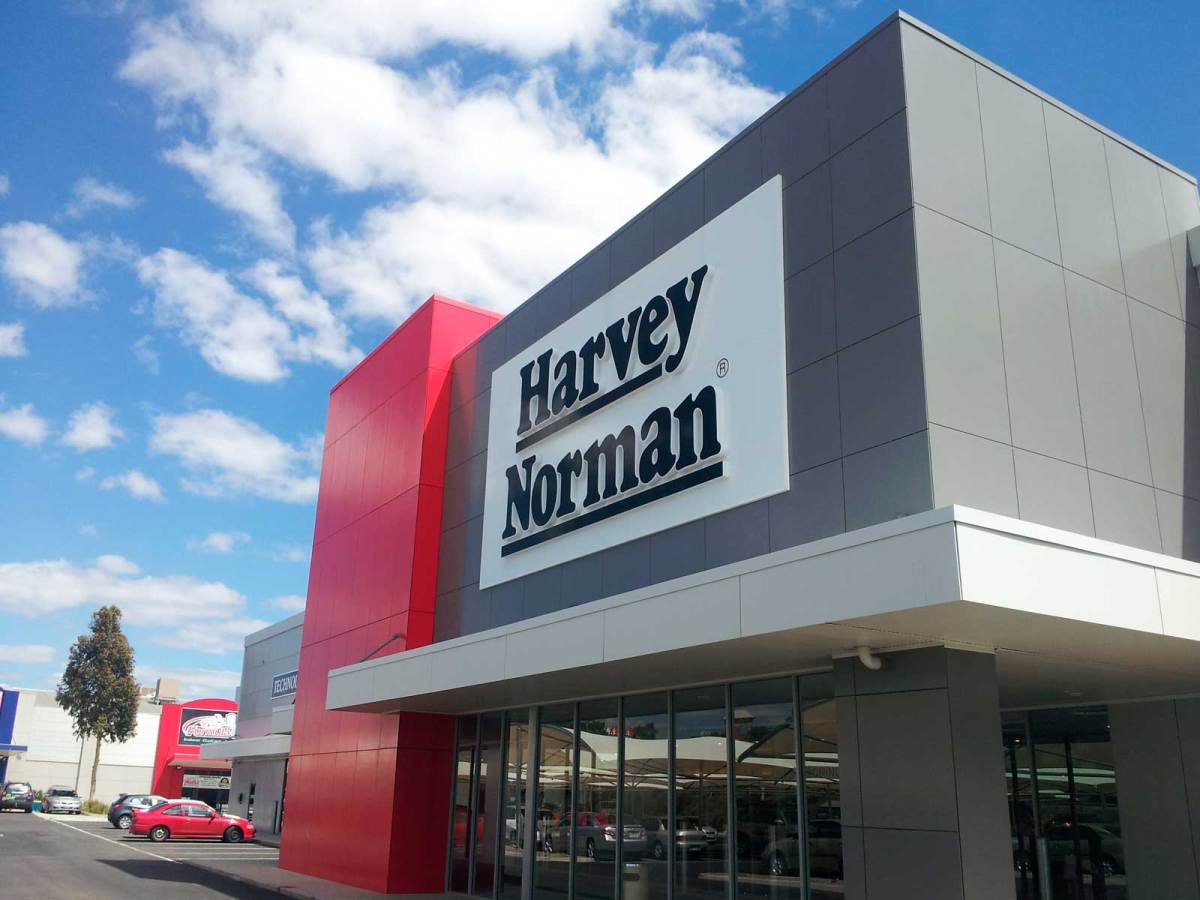A strong residential property market, improved consumer confidence and high demand in homemaker categories have been credited with bolstering Harvey Norman’s 27.4 per cent profit increase in the first half on the financial year.
For the six months ended 31 December 2014, Harvey Norman recorded a net profit after tax (NPAT) of $141.98 million, a 27.4 per cent increase from $111.42 million in the previous corresponding period.
“In Australia, our stores are benefiting from improved consumer confidence on the back of strong equity markets and strong growth in the housing market,” Harvey Norman chairman Gerry Harvey said.
“The strength of our omnichannel strategy and the benefits of our integrated Harvey Norman system continue to shine through with this result. Our business has shown positive momentum for some time now, and it’s great to see improved segment performances in the half year.”
Harvey Norman franchisees are on a hot streak, improving on like-for-like sales for eight consecutive quarters. Franchisee sales increased by 1.8 per cent to $1.17 billion in the September quarter and by 2.1 per cent to $1.36 billion in the December quarter, with like-for-like sales increasing by 2.8 per cent in both quarters. Tactical support to franchisees, which includes help with rent and marketing costs, decreased by $11.47 million, or 22.4 per cent to $39.97 million for the half-year.
“The franchising operations segment turned in a particularly strong performance during the period, delivery improved profitability and an eighth consecutive quarter of like-for-like sales growth,” Harvey said.
“Against the backdrop of a strong residential property market, growth this half was weighted towards homemaker categories as customers continued to turn to Harvey Norman as a one-stop destination for their homemaker needs. We are seeing consistent strength in NSW, a state where property markets are particularly buoyant and home to more than 35 per cent of our stores.”
The company-owned retail segment recorded an 8.1 per cent increase in revenues to $842.87 million over the half. This was driven by improved conditions in New Zealand and a reduction in losses in Ireland and Northern Ireland.
Global sales were up 3.2 per cent to $3.09 billion, and on a like-for-like basis global sales were up 3.4 per cent. A 3.6 per cent appreciation in the NZ$ and a 6.5 per cent appreciation in the UK pound had a positive impact on results, while a 0.6 per cent devaluation in the Euro negatively affected global sales.
Harvey was confident the company’s strong performance will continue.
“The housing market in Australia is likely to remain strong, supported by a record low interest rates and major infrastructure investment in NSW. Notwithstanding a significant change in the broader economic environment in Australia, we expect consumer sentiment to remain stable and positive trends in our business to continue,” he said.
Harvey also cited the company’s property portfolio as providing a advantage over its competitors stating: “A balance sheet rich with tangible assets provides a solid platform for growth.”
Excluding the effects of net property revaluation adjustments, first half NPAT was $139.13, a more modest increase of $18.5 per cent over the $117.45 million in the previous corresponding period.
Harvey’s wife and Harvey Norman chief executive Katie Page also raised the importance of the property portfolio in a recent interview with The Australian. “We are a unique company because we are both a retail and property company but also because of the brands we sell which include furniture, bedding, electrical and computers,” she said.
“We are very good at property, we are very good at marketing, we are very good at retail. I am more of a tech freak. I love property as well, but Gerry is a sensation at property.”
The story, which names Page the fourth most powerful woman in Australian business, can be read in full here.

